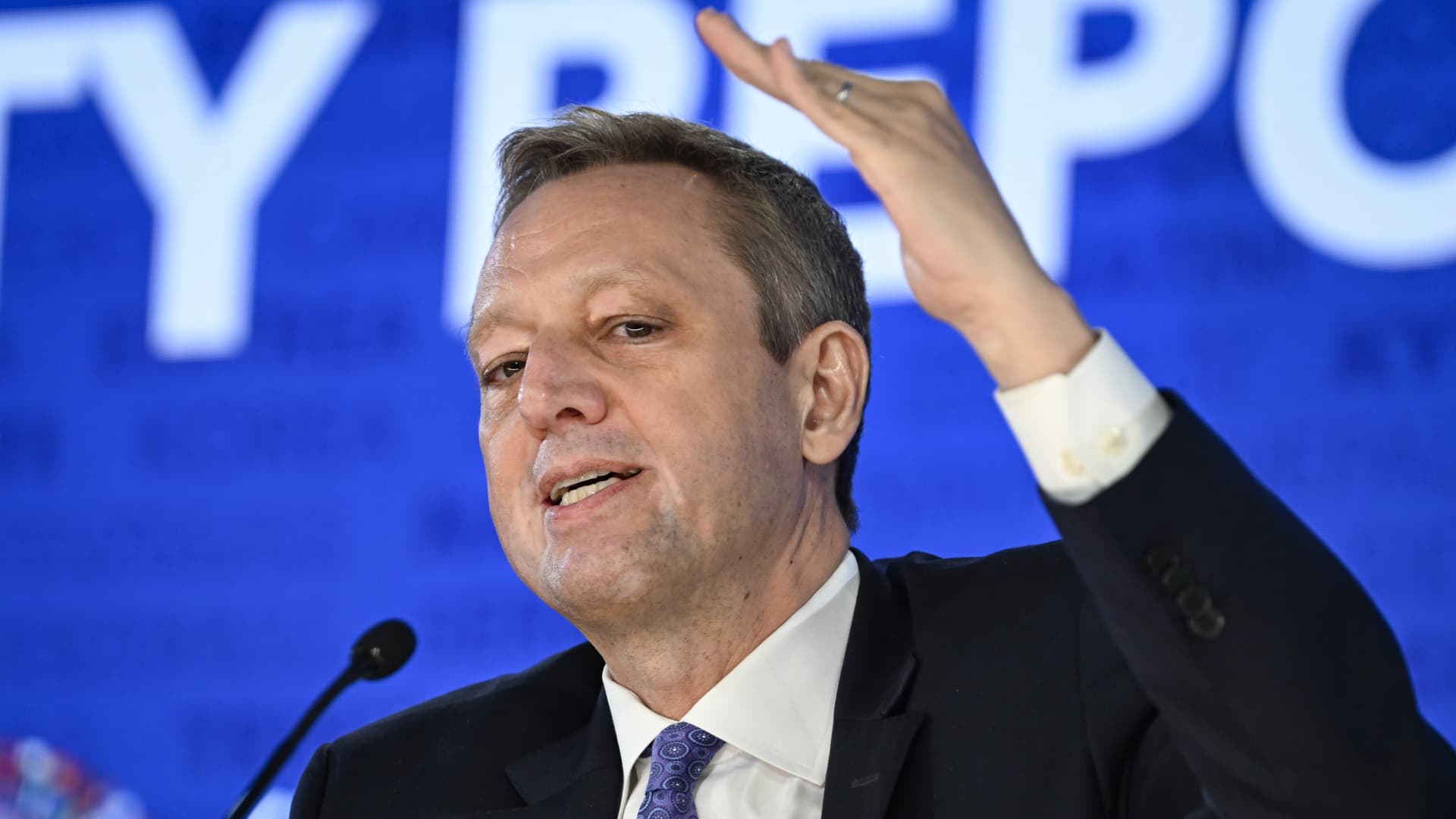The International Monetary Fund (IMF) has issued a warning, highlighting the potential risks to financial stability posed by the overvaluation of corporate stocks. Tobias Adrian, Director of the IMF’s Monetary and Capital Markets Department, expressed concern about the disconnect between market optimism and underlying economic fundamentals.
**Speculative Optimism Fuels Valuations**
The prolonged rally in financial markets this year, driven by falling inflation and expectations of lower interest rates, has pushed corporate valuations to unprecedented heights. However, Adrian cautions that this optimism may have gone too far, creating a vulnerability to economic shocks.
“We do worry in some segments where valuations have become quite stretched,” Adrian told CNBC. “It was led by tech last year, but at this point, it’s really across the board that we have seen a run-up in valuations.”
**Concern Over High-Risk Credit Markets**
Adrian also expressed particular concern about the state of credit markets. Despite declining borrower fundamentals, spreads remain exceptionally tight, allowing even riskier borrowers to obtain new debt at favorable terms.
**Commercial Real Estate Risks**
The IMF’s concerns extend to the property market, particularly commercial real estate. Adrian highlighted the growing exposure of medium and small-sized lenders to this sector, which has been impacted by the shift towards remote work and online shopping.
“There’s really a nexus between exposure of some banks, particularly middle-sized and smaller banks, to commercial real estate that also tend to have [a] fragile funding base,” Adrian explained. “The combination of risk exposure to commercial real estate and fragile funding could reignite instability in some scenarios.”
**Outlook and Risks**
While the IMF recently revised its global growth forecast slightly upward, it cautioned that downside risks remain, including persistent inflation and uncertain interest rate policies.
Adrian emphasized the IMF’s concerns about inflation risks and the potential for further surprises. He also pointed to risks associated with interest rates, which vary across different countries.
**Call for Vigilance**
The IMF’s analysis serves as a timely reminder of the importance of vigilant risk management and the need to address potential vulnerabilities in the financial system. As markets continue to navigate a complex and uncertain economic landscape, it is crucial for policymakers, investors, and financial institutions to remain alert to the potential risks and act accordingly.



















